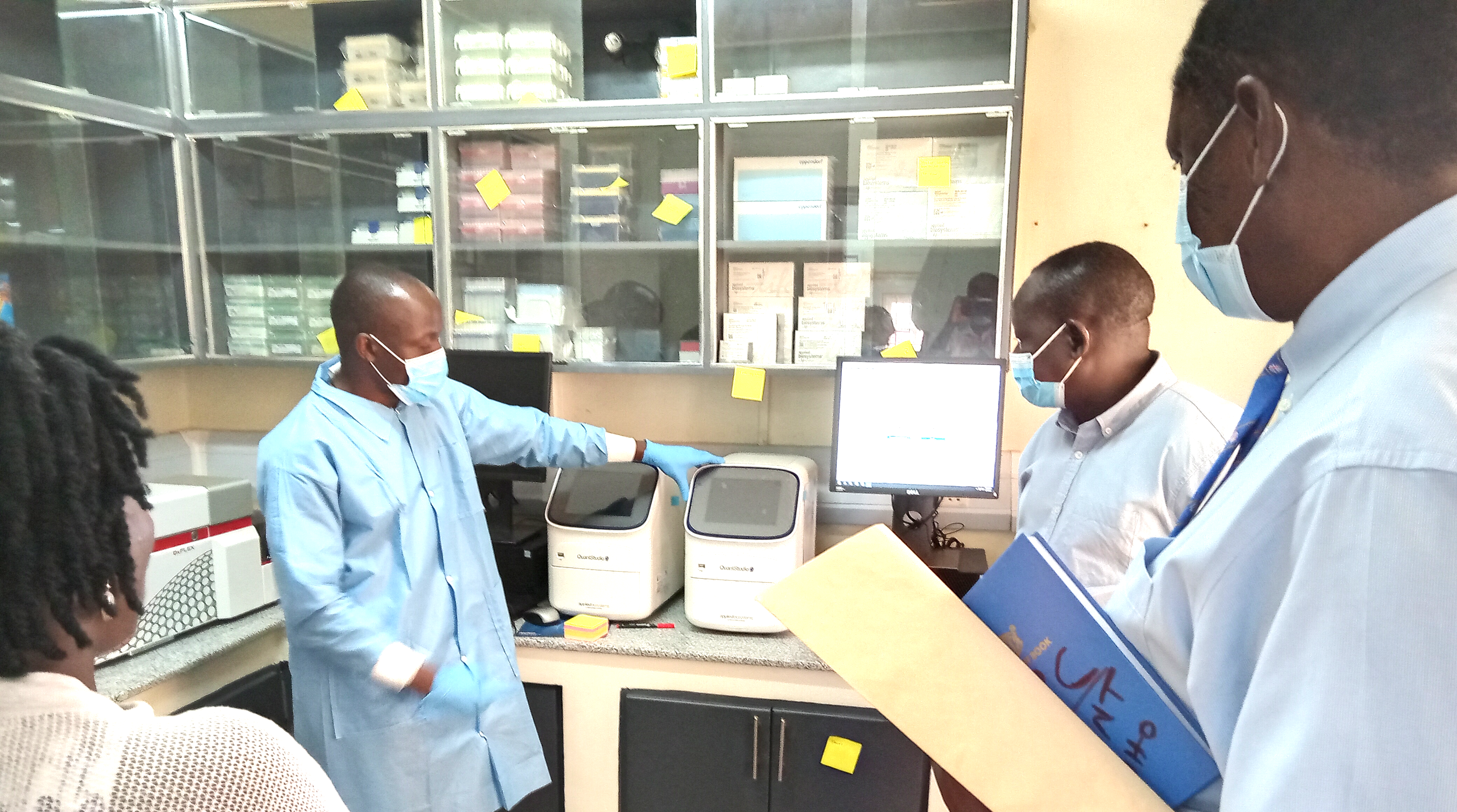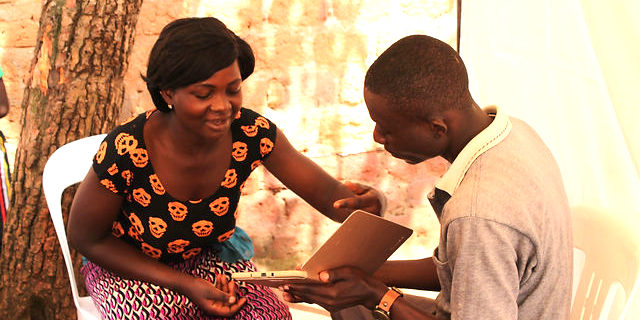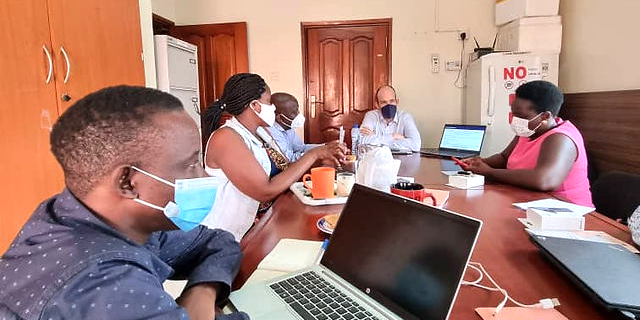
Tuberculosis Care and Prevention

From Directly Observed Treatment to Digital Adherence Technology (DOT to DAT)
In collaboration with the Uganda TB Implementation Research Consortium, DOT to DAT is an implementation science study testing the use of Digital Adherence Technology in improving adherence to Tuberculosis medication. We have enrolled 18 trial sites that meet eligibility criteria and randomized these sites into the study months when they will switch to the intervention. We have also begun the process of introducing 99DOTS at sites and training health facility staff to use the technology.
People served
People with tuberculosis
Funder
TB REACH

Trace Ultra Result iNsight in TB Screening (TURN-TB)
TURN-TB (Trace Ultra Result iNsight in TB screening) is a case-control study that aims to compare baseline Xpert® MTB/RIF Ultra (“Ultra”) assay “trace-positive” individuals to positive and negative controls and includes a longitudinal cohort study with TB-negative controls. Partly in coordination with the STOMP-TB study, the study conducts community-based TB screening as well as recruitment from local facilities, and enrolls participants with trace-positive results for an extensive baseline clinical and laboratory evaluation.
People served
People at risk of a tuberculosis infection
Funder
National Heart, Lung and Blood Institute
